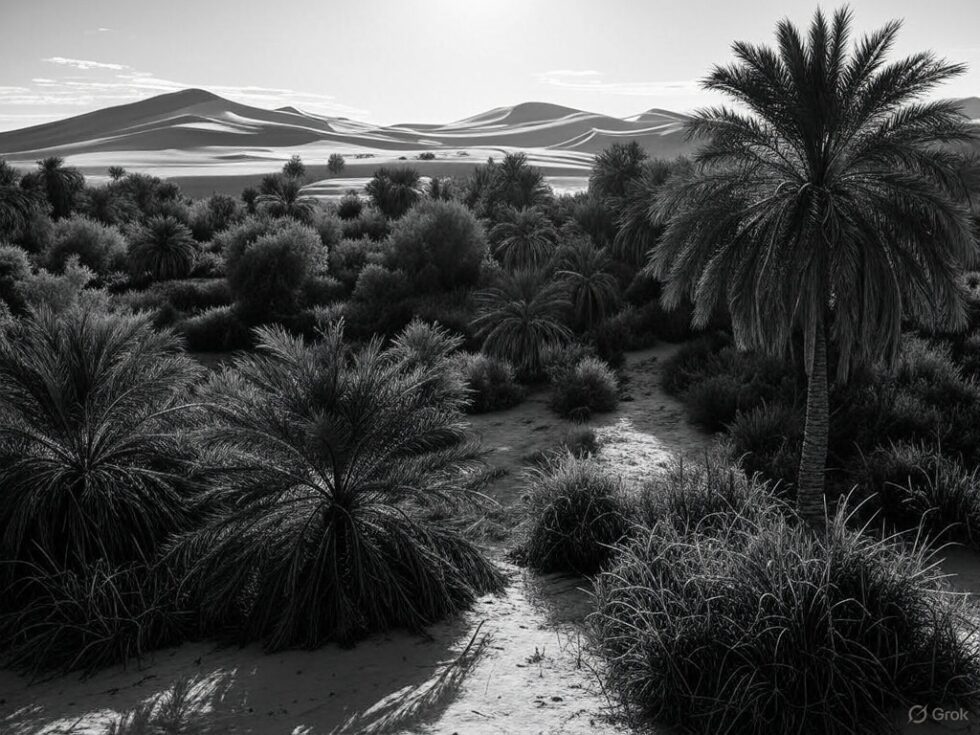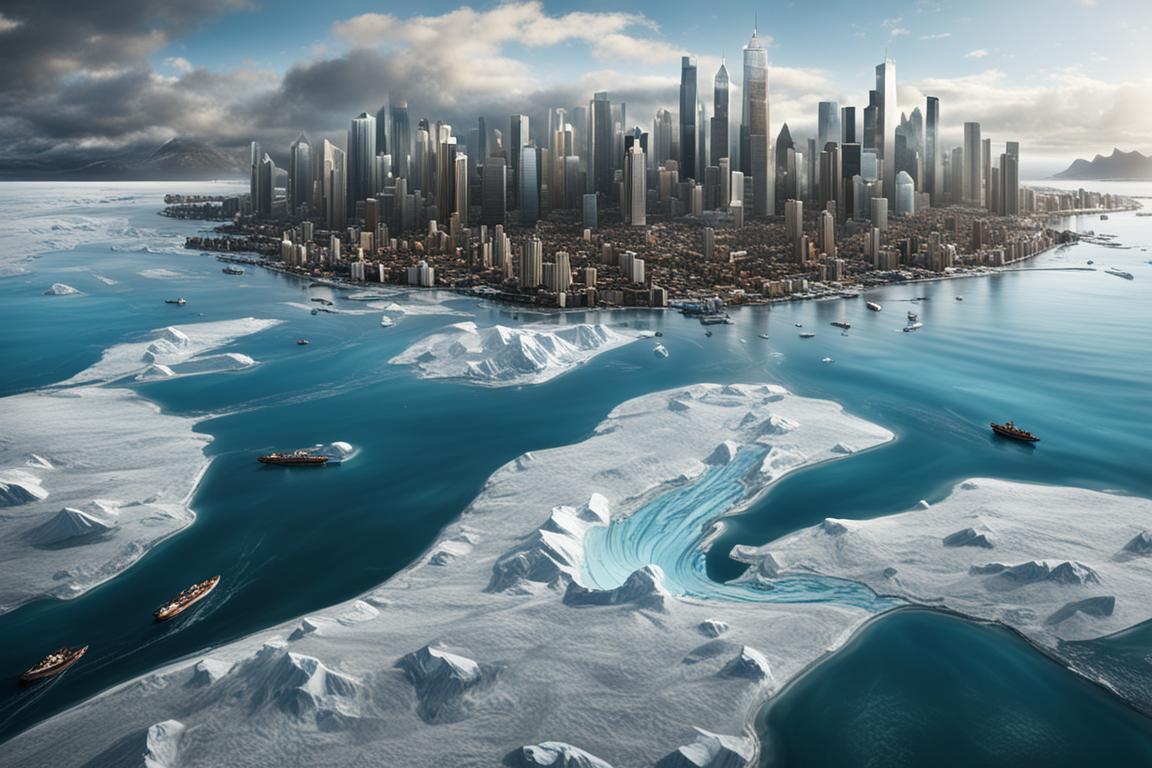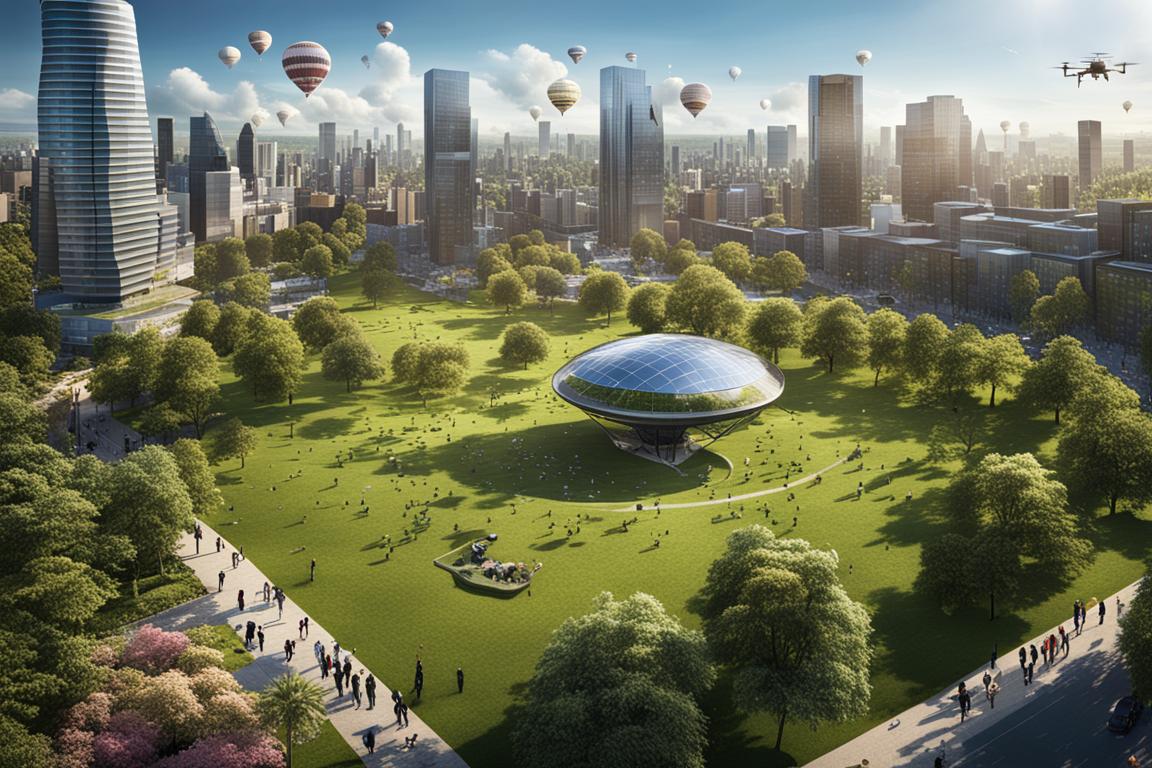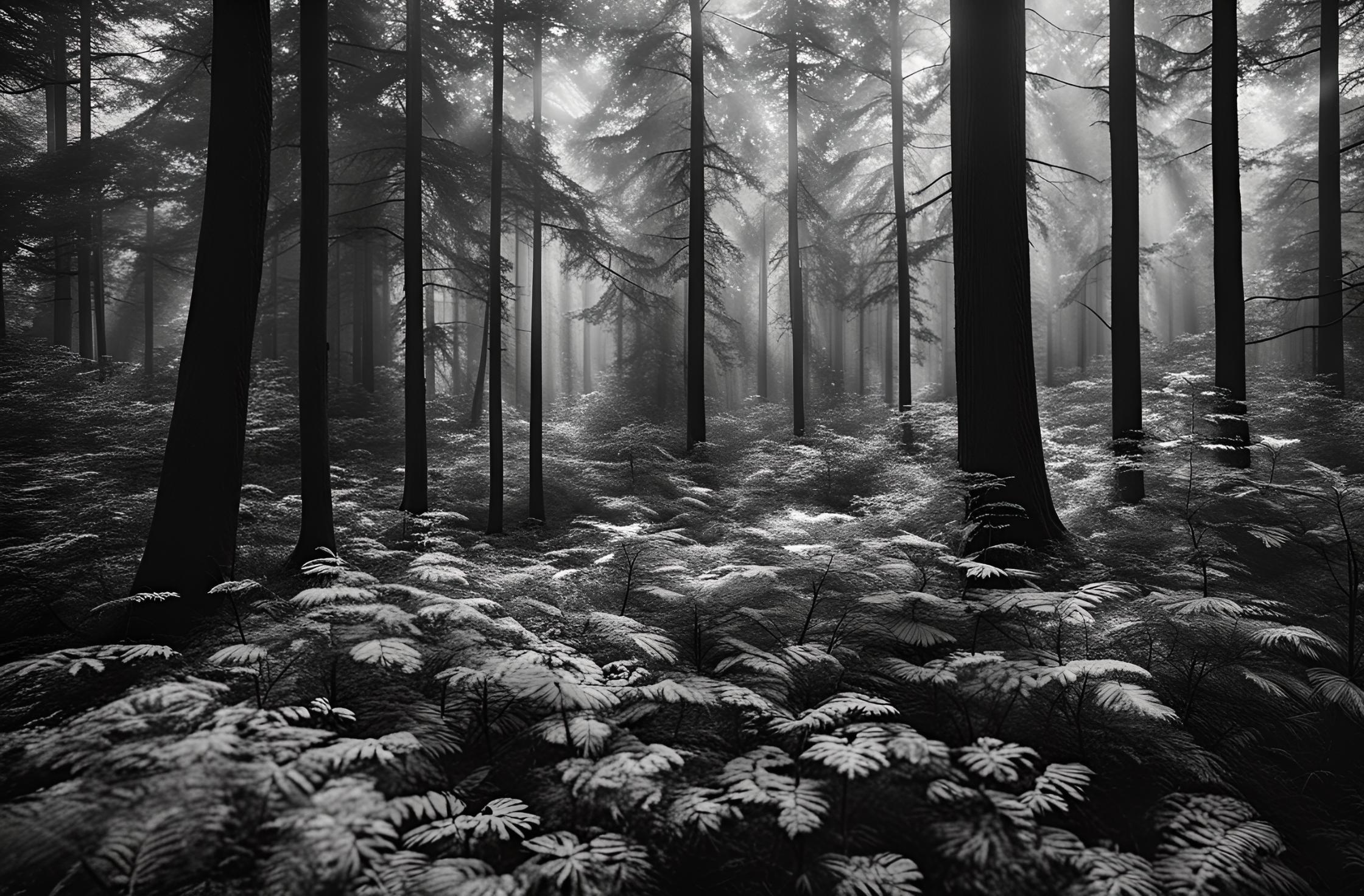
In an alternate timeline, the Sahara Desert never succumbed to the relentless heat to become the arid expanse we know today. Instead, it remained a lush, green savanna, teeming with life and profoundly altering the course of human history.
The year is 2023, but the world is vastly different. The Sahara, now a verdant paradise, stretches across North Africa, its fertile lands supporting a diverse ecosystem of flora and fauna. Towering baobabs and acacias provide shade for herds of elephants, giraffes, and zebras, while rivers teem with fish and crocodiles. This abundant landscape becomes the cradle of civilization, its resources nurturing the growth of powerful societies.
In this world, the ancient Egyptians are not confined to the narrow strip along the Nile. Instead, their civilization sprawls across the vast savanna, with cities thriving amidst the greenery. The Pharaohs, revered as divine rulers, preside over a kingdom that stretches from the Mediterranean Sea to the heart of Africa. The abundance of resources allows for advancements in technology and culture far beyond what we know. The Egyptians develop sophisticated irrigation systems, harnessing the power of the mighty rivers that crisscross the savanna. Their architectural marvels, including grand temples and sprawling cities, stand as testaments to their ingenuity.

Trade routes flourish across the Sahara, connecting the Egyptian Empire with other burgeoning civilizations. Caravans laden with gold, ivory, and exotic spices traverse the savanna, fostering cultural exchanges and spreading knowledge. The Sahara becomes a melting pot of languages, religions, and ideas—a vibrant tapestry woven from the threads of countless cultures.
As centuries pass, the Sahara’s influence extends beyond Africa. The lush savanna becomes a beacon of prosperity, attracting explorers and settlers from distant lands. The Greeks and Romans, drawn by tales of the Sahara’s riches, establish colonies along its fringes. The exchange of ideas between these cultures sparks a renaissance of knowledge, propelling humanity into a new era of enlightenment.
In this world, the Sahara’s bounty shapes the course of history in unimaginable ways. The Roman Empire, buoyed by the wealth of its African territories, endures for centuries longer than in our timeline. Its influence spreads across Europe and beyond, laying the foundations for a global civilization rooted in the principles of democracy and reason.
The Industrial Revolution, fueled by the Sahara’s resources, arrives earlier and with greater intensity. The abundant supply of raw materials accelerates technological advancements, leading to the development of steam engines, railways, and factories. The Sahara becomes a hub of innovation, its cities bustling with the energy of progress.
However, the rapid pace of industrialization brings unforeseen challenges. The delicate balance of the savanna’s ecosystem is disrupted as forests are cleared and rivers diverted to fuel the insatiable demands of industry. The once-vibrant landscape begins to show signs of strain, its resources stretched to the brink.
In response, a global movement emerges, driven by a newfound awareness of the need for sustainable practices. Environmentalists, scientists, and policymakers unite to protect the Sahara’s fragile ecosystem, advocating for a harmonious coexistence between humanity and nature. Their efforts lead to the establishment of protected areas, where wildlife can thrive and the savanna’s natural beauty is preserved.
As the world enters the 21st century, the Sahara stands as a testament to the resilience of both nature and humanity. Its lush expanse serves as a reminder of the delicate balance that sustains life on Earth—a balance that must be carefully maintained for future generations.
In this alternate reality, the Sahara’s enduring greenery shapes not only the destiny of Africa but the entire world. It is a world where the lessons of the past guide the actions of the present, where the pursuit of progress is tempered by a deep respect for the natural world. And in this world, the Sahara remains a symbol of hope, a verdant oasis in a universe of endless possibilities.




